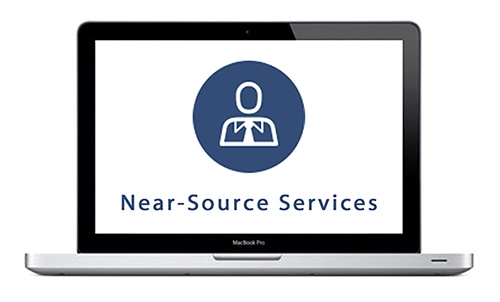Attention Small and Midsize Enterprises need to know about IT Support and Cybersecurity
Are you a business decision-maker actively seeking outsourced IT Support and Cybersecurity for your company with 10-100 US-based employees? More specifically comprehensive IT Solutions for your office and remote workforce that counts on always-available digital assets?
If this is your company check that these essential solutions are included in your agreement:
- Resilience: ensures your networks, devices, applications, data, and users continuously run 24/7/365, avoiding downtime, which can substantially lower productivity and revenue.
- Services: include hardware and software installation and maintenance, network setup and management, cloud computing, data backup and recovery, and cybersecurity measures.
- Onsite and remote support: delivered onsite, where a technician physically comes to the business to aid, or remotely, where support is provided remotely via the internet.
- Service levels: well-defined services, transparently reporting on actual response and resolution times for support requests.
- Staffing: either augmenting in-house IT staff or new outsourced IT staff with a dedicated account manager.
- Cost: adjusts with the services offered, the size and compliance requirements of the business, and the number of employees – subscribers choose flat-rate options that are transparently priced. IT support solutions right-size with your business and budget.
- Cybersecurity: depends on your Cybersecurity strategy to protect against these threats. Complies with NIST and CISA standards, tailored to your specific set of digital assets.
- Staying current: Technology is constantly evolving to remain competitive. Look for ecosystems that update or right-size the latest technology and with new solutions upon demand.
Other critical factors to consider for IT support:
- Scalability: As a business grows, its IT needs can change quickly. It's important to have an IT support plan that can be scaled up or down as needed to accommodate the company's changing needs.
- Cost-effectiveness: Small and medium-sized businesses often have limited budgets, so it's important to find cost-effective solutions that provide the necessary IT support without breaking the bank.
- Technical expertise: The IT support team should have a high level of technical expertise and be familiar with the latest technologies and trends in the field.
- Communication: Good communication is key to effective IT support. The IT support team should be able to communicate technical information in a way that is easy for non-technical users to understand.
- Preventative maintenance: Regular preventative maintenance prevents IT issues from occurring, maximizing uptime.
- Disaster recovery: Having a disaster recovery plan in place is crucial for ensuring business continuity in the event of a disaster or system failure.



